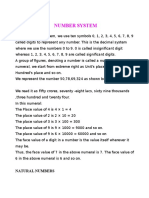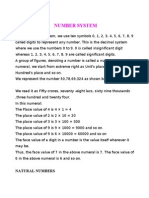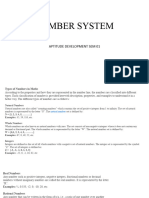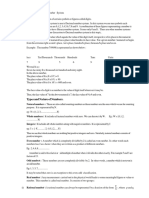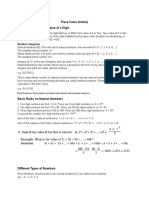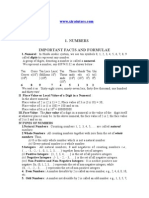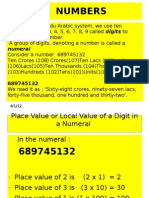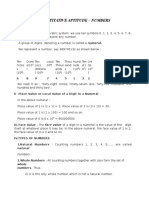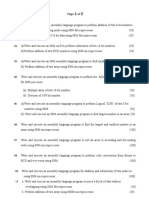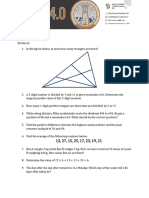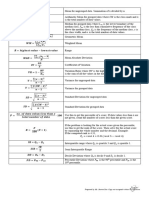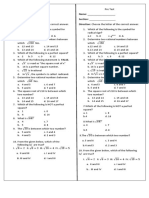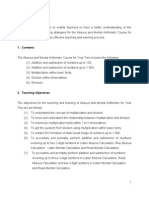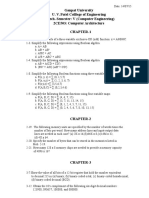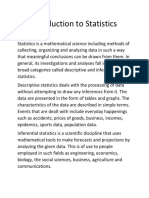0% found this document useful (0 votes)
113 views84 pagesNumber System
The document provides a comprehensive overview of the number system, classifying numbers into real, imaginary, rational, and irrational categories, along with detailed explanations of integers, natural numbers, whole numbers, and their subcategories. It also covers divisibility rules for various numbers and introduces concepts such as perfect numbers and co-primes. Additionally, it includes examples and rules for calculating remainders when dividing by different divisors.
Uploaded by
sowmyakolukuluri17Copyright
© © All Rights Reserved
We take content rights seriously. If you suspect this is your content, claim it here.
Available Formats
Download as PDF, TXT or read online on Scribd
0% found this document useful (0 votes)
113 views84 pagesNumber System
The document provides a comprehensive overview of the number system, classifying numbers into real, imaginary, rational, and irrational categories, along with detailed explanations of integers, natural numbers, whole numbers, and their subcategories. It also covers divisibility rules for various numbers and introduces concepts such as perfect numbers and co-primes. Additionally, it includes examples and rules for calculating remainders when dividing by different divisors.
Uploaded by
sowmyakolukuluri17Copyright
© © All Rights Reserved
We take content rights seriously. If you suspect this is your content, claim it here.
Available Formats
Download as PDF, TXT or read online on Scribd
/ 84

